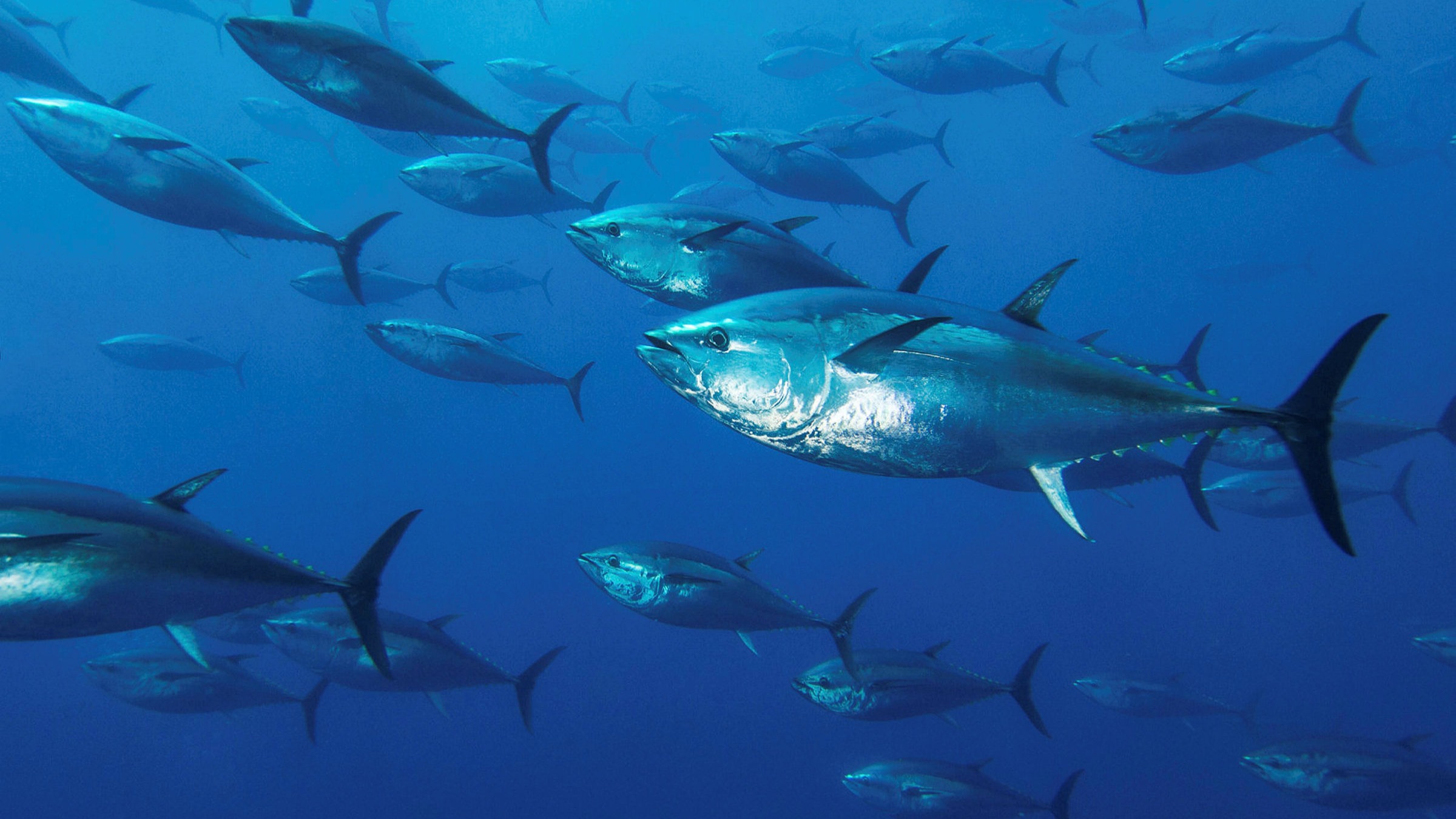THE bluefin tuna fishing season kicks off in Gibraltar waters this week with a raft of new regulations fishermen must be aware of.
Only 25 tonnes of the giant fish – a staple of the region’s orca pod – can be caught this year, split into two parts.
The first part allows for 22 tonnes between June 16th and July 25th, with the season closing temporarily if this limit is reached beforehand.
The remaining 3 tonnes can be caught between August 6th and October 14th, subject to availability.

Anglers are reminded that a Class K licence is required to fish for bluefin tuna.
A dedicated landing station has been set up at the North Mole (No. 1 Jetty) where all catches must be reported and weighed, and towing live fish to the landing station is strictly prohibited.
The landing point is operational from 9:00am to 2:30pm, Monday through Saturday.
Catches landed outside these hours can be reported by contacting staff on +350 54020033, including Sundays and public holidays.
This year, anglers are limited to a maximum of one fish per day per licence holder and vessel.
The minimum size for a caught Bluefin tuna is 30kg and 130cm fork length.
The ‘popping’ technique for tuna fishing, which can injure dolphins, is strictly prohibited within the Dolphin Protection Zone north of Rosia Bay.
This involves using a hollow, cupped-faced lure designed to create a splashing and popping sound on the water’s surface when retrieved with a jerking motion.
The angler rapidly jerks the rod tip, causing the popper to pop and splash on the water, mimicking the action of a fleeing baitfish. This sound and commotion are supposed to attract tuna to the lure.
While effective for attracting tuna, the popping technique can be harmful to dolphins and other marine mammals that rely on echolocation to navigate and hunt.
The loud popping sounds can disrupt their communication and even cause injury.
Casting lines near dolphins, a protected species, can result in licence revocation, the Department of the Environment, Sustainability, Heritage and Climate Change (DESHCC) warns.
Recreational catches of Billfish species, like the Mediterranean Swordfish – which are protected in Gibraltar – must also be reported.
The minimum size for Swordfish is 90cm, excluding the sword length.
More information on size regulations can be found in the department’s Species Identification Booklet (https://www.gibraltar.gov.gi/).
The department’s Environmental Protection & Research Unit (EPRU) will work with marine enforcement agencies throughout the season to monitor fishing activity and ensure compliance with the Tuna Preservation Regulations and the Cetacean Protocol, which safeguards dolphins and whales in BGTW.
This protocol mandates vessels to maintain a minimum distance of 60 metres from any dolphin or whale and restricts speed to 4 knots within a 500-metre radius of these animals.
Click here to read more Gibraltar News from The Olive Press.








